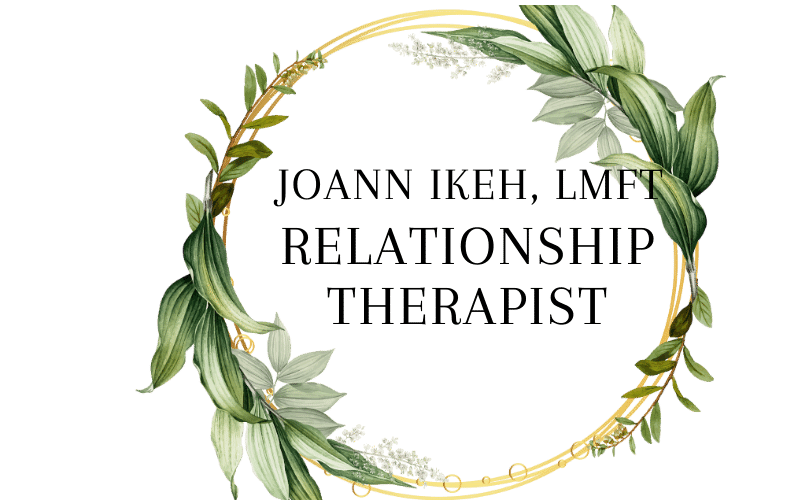How to Stop the Blame Game: Healing Relationships with Accountability
In moments of conflict, it’s easy to point a finger. “If you hadn’t said that…” “You never listen…” “This is your fault.”
Blame can feel protective—it gives us a sense of control when things feel painful or uncertain. But over time, it also builds walls. The more we focus on what our partner did wrong, the less room there is for understanding, repair, and trust.
Why We Blame
Blaming our partner often starts as a defense mechanism. It’s the mind’s way of saying, “I don’t want to be the bad guy here.” For many of us, this comes from past experiences—families where mistakes were punished or emotions weren’t safe. In adult relationships, that old fear of being “wrong” can resurface. It feels easier to blame than to look inward.
Yet, relationships thrive on mutual responsibility. When we stop blaming our partner and start focusing on relationship accountability, we create space for growth and understanding.
The Power of Accountability
Taking accountability doesn’t mean taking all the blame—it means owning your part with honesty and compassion. Accountability sounds like:
“I can see how my tone hurt you, even though that wasn’t my intention.”
“I shut down when I feel criticized, and I want to work on staying engaged.”
These small shifts are powerful. When you take personal responsibility in relationships, you invite safety and openness. Your partner feels seen instead of attacked, and you both can begin to rebuild trust.
This is the heart of healing relationships with accountability—moving from accusation to understanding, from defensiveness to empathy.
From Blame to Repair
Healthy couples know that conflict isn’t the problem; it’s how we repair afterward that matters. When you practice accountability, you move toward repair rather than resentment.
Here’s how you can start:
Pause before reacting. Take a breath before responding to your partner’s words or tone.
Reflect on your part. Ask yourself, “What emotion is driving me right now?” or “What might I have contributed to this moment?”
Use “I” statements. Replace “You always…” with “I feel…”
Focus on solutions. Instead of proving a point, ask, “What can we do differently next time?”
When both partners practice accountability, the relationship becomes a safe place to grow, not a battlefield of blame.
Healing Beyond the Blame Game
Learning how to stop the blame game takes practice. It requires vulnerability, patience, and sometimes the guidance of a therapist. But the rewards are worth it.
As you build accountability into your relationship, you’ll notice:
Conflicts become less explosive.
Communication feels safer and more honest.
Trust begins to rebuild naturally.
Taking ownership of your actions is not about guilt—it’s about growth. It’s how you show love through responsibility and repair. And in that space of accountability, real healing begins.
Ready to Build Healthier Relationships?
If you and your partner feel trapped in a cycle of blame, you don’t have to navigate it alone.
At Online Couple Counseling, I help partners break free from unhealthy patterns, strengthen communication, and practice relationship accountability that fosters long-term connection and trust.
📞 Book a free 15-minute consultation today
🌐 Visit onlinecouplecounseling.com
📩 Or email me at joannikeh@joannikeh.com
Let’s work together to break unhealthy patterns and build lasting emotional wellness.



